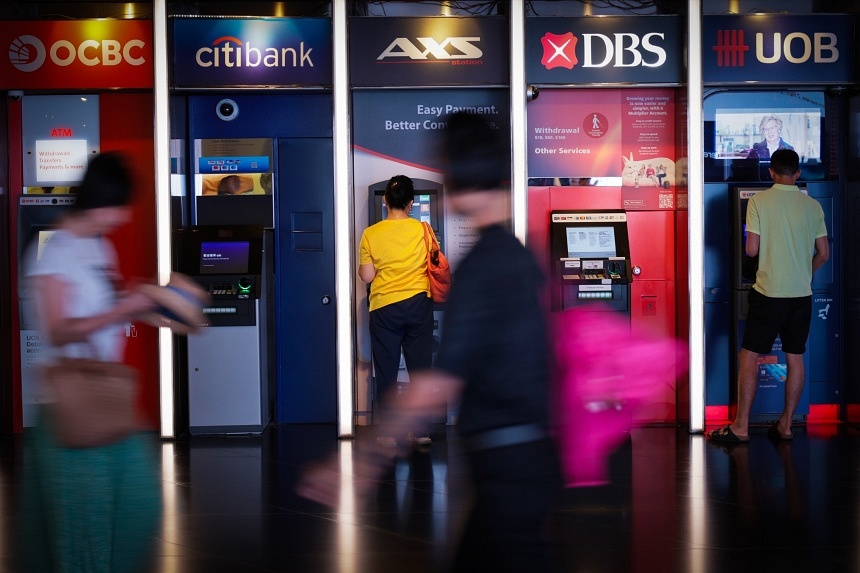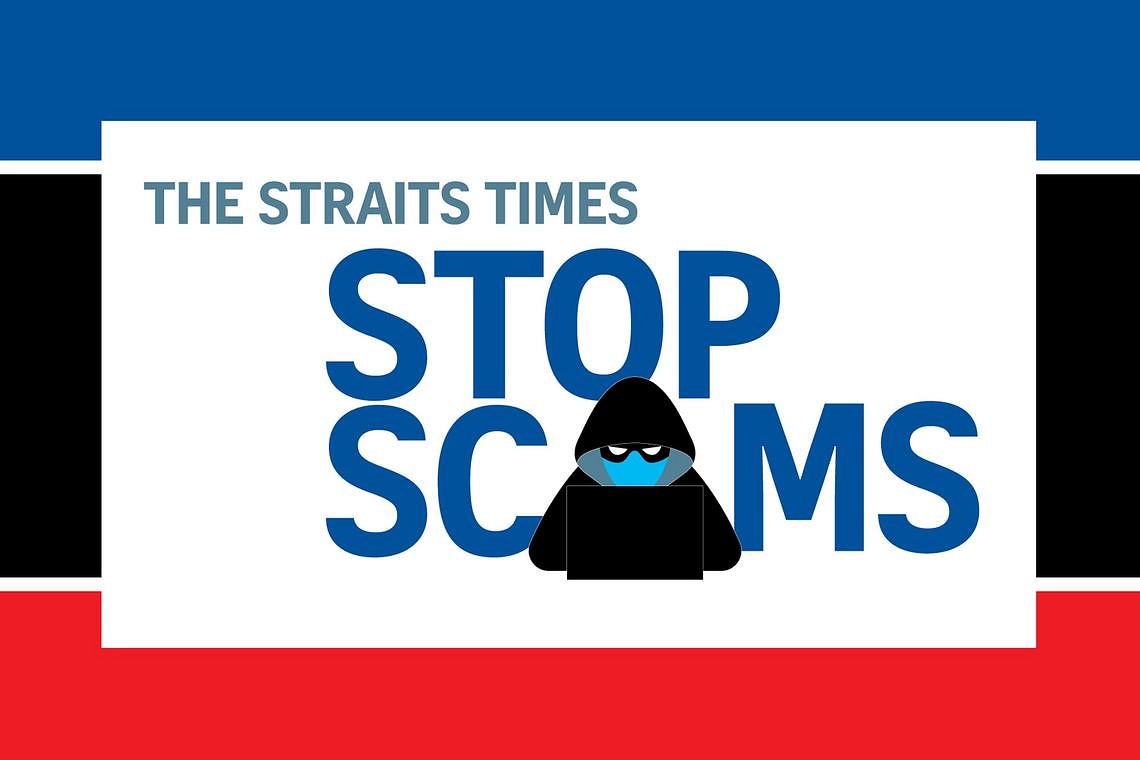SINGAPORE – The Government is seeking public feedback on a new Bill that will give powers to the police to order banks to temporarily restrict the transactions of potential scam victims who do not believe they are being scammed.
The Ministry of Home Affairs (MHA) said that the number of scam cases involving victims voluntarily transferring money to scammers remains high despite safeguards such as a kill switch that allows customers to freeze their bank accounts if they suspect their accounts have been compromised.
In the first half of 2024, 86 per cent of reported scams involved such voluntary transfers.
Scammers did not gain direct control of victims’ accounts, but instead manipulated them into transferring their monies to the scammers, said MHA.
“In some of these cases, the victims were warned by the police, bank or family that they were being scammed, but still refused to believe that this was happening,” the ministry added.
“These included victims of internet love scams and government officials impersonation scams. Currently, the police have no powers to stop them from transferring their monies to the scammers if they insist on doing so.”
MHA said on Aug 30 that it will be introducing the Protection from Scams Bill in the coming months, and is seeking public opinion about it till the end of September.
The proposed Bill seeks to better protect targets of scams by allowing the police to issue orders to banks to restrict the transactions of an individual, if there is reason to believe that the person will make monetary transfers to scammers, said MHA.
Scam victims lost a record high of more than $385.6 million in the first six months of 2024, with the number of cases increasing by 16.3 per cent from the same period in 2023, to 26,587 cases.
In 2023, scam victims in Singapore lost $651.8 million, with internet love scams and government official impersonation scams among the top 10 scams of concern.
Under the proposed Bill, MHA said restriction orders will be issued only for scams conducted remotely, such as via calls, SMSes or online platforms, where there have not been any in-person interactions.
This means traditional cheating cases involving in-person interactions will not be covered. Examples of such cases include monetary transfers to an errant renovation contractor, or to a family member or friend.
“For such cases, it is often unclear at the outset whether a criminal offence is disclosed, and immediate police intervention may not be possible or required,” said MHA, noting that members of the public can still lodge a police report if they encounter such cases.
MHA said it is mindful of the need to strike a balance between protecting the public from scams and not unduly inconveniencing individuals beyond what is necessary to protect them.
So while restriction orders will suspend money transfers out of the victims’ bank accounts, MHA will allow these individuals to apply to the police to get access to their money for legitimate purposes such as paying bills.
Meanwhile, all credit facilities such as credit card transactions and access to personal loan facilities will be suspended.
MHA said this guards against the risk of scammers deceiving victims into applying for credit lines or loans on the scammers’ behalf.
Restriction orders will be issued to all seven domestic systemically important banks in Singapore, should the individual have bank accounts with more than one bank.
They are Citibank, DBS Bank, UOB, OCBC Bank, Standard Chartered Bank, Maybank and HSBC.
MHA said restriction orders will be issued for a period of 28 days in the first instance to give the police time to gather evidence and to convince the potential victim of the ongoing scam.
After 28 days, should the police assess that the individual is still at risk of being scammed, the restriction order will be renewed.
“Restriction orders will only be issued if the police have reason to believe that the individual is being targeted by a scammer and may make transfers to the scammer within the foreseeable future, and after other options to convince the victim have been exhausted and have failed,” said MHA.
On the police’s decision to issue the restriction order, individuals will be allowed to appeal against this to the Minister for Home Affairs, whose decision is final.
The full report with details of the proposals can be viewed here.
Feedback can be submitted till Sept 30 by e-mailing scams_feedback@mha.gov.sg, or by mailing MHA at New Phoenix Park, 28 Irrawaddy Road, Singapore 329560.
The subject should be “Re: Public consultation on the Protection from Scams Bill”.



